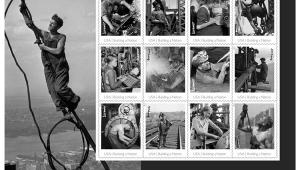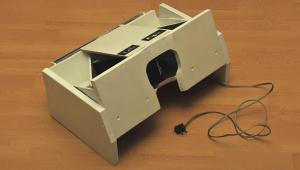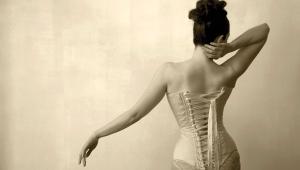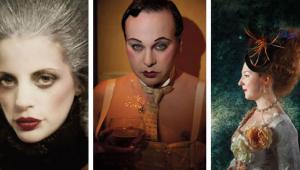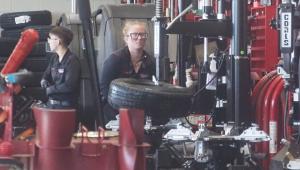Revelation Of The Hidden; The Photography Of Greg Gorman Page 2
Bette Midler |
 |
Collaborators In The Production
Gorman and Carr have worked together for nearly 30 years as photographer and
retoucher. The relationship is firmly rooted in the days of film, where retouching
was accomplished with sable brushes, bleaches and dyes, razors, and plastic
frisket. It only takes a few minutes in talking to both men to understand how
the partnership has not only survived, but thrived over the period of dramatic
change from film to digital.
In essence, the strength of the relationship is based on the fact that they
are both working toward a common goal, that is, the creation of images that
reveal something more fundamental than the simple documentation of the subject.
They have developed an instinctual understanding of how to build imagery and
each man regularly echoes the other's concerns regarding the direction
of production. In this regard, Carr sees his role in the process as providing
a cohesiveness to the visual elements within the image frame, offering occasional
reminders to Gorman as to the limits of the retouching process. The aim is to
retain a visual integrity that remains honest and unspoiled.
Elijah Wood |
Penelope Cruz |
 |
 |
"Retouching is an effort to extend, through artwork that is inherently
invisible, the spirit of the photograph as determined by the photographer. An
astute retoucher will identify that thread and carry it to its ultimate nuance...silently."
He underscores Gorman's creative control throughout and adds that when
the completed file is returned, Gorman provides his finishing hallmark--a
final "tweaking" that can only be defined as "Pure Gorman."
They both agree that the process of simplification begins before the shoot and
is carried through the retouching process: "At its most responsible and
accomplished level," Carr indicates, "retouching portraiture is
not about making the subject better looking, younger, or thinner, but about
reducing the distractions and distortions that become apparent when reducing
the three-dimensional world to two." Gorman reiterates that "when
the distractions are diminished, what seems to emerge is a window into the person's
soulfulness."
Peta Wilson |
 |
There are many unfortunate photographic examples in today's imagery where photographers overdo the software side of things. This often leads to less sensitivity to their subjects, or a lack of clarity about their ultimate aim, all of which can result in images that are less effective. Thankfully for us, we have exemplars in the Gorman/Carr partnership that helps define a path to revealing the beauty of subjects without obscuring their individuality. Long may the partnership last!
Greg Gorman's Top Tip For Shutterbug Readers:
"It is important to develop and showcase your own style. Channel your
work into a personal vision. Set yourself personal projects and refine the style
that you use to complete them."
Robb Carr's Top Tip For Shutterbug Readers:
Don't be heavy-handed! Robb Carr asks himself incessantly, "How
softly can I speak and still make a difference?" He explains that retouching
must not only be invisible in technique, but invisible in style, too, and adds
that just because an alteration is executed in a technically perfect manner
doesn't ensure that the image is improved. He holds that anytime an alteration
does result in an improvement, that another aspect of the image is simultaneously
"unimproved." He stresses the importance of not falling in love
with one's work to the extent that it obscures one's ability to
discern these other changes.
Atherton Twins |
Dame Edna |
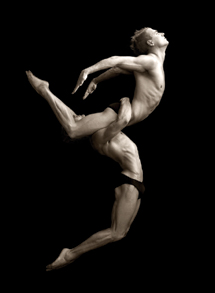 |
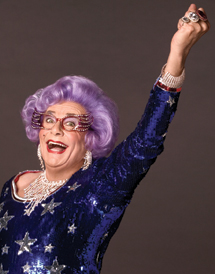 |
Embracing The Pixel
Greg Gorman freely admits that it was a long transition for him from film to
digital. He waited for the point at which he was assured that the quality of
the digital capture and processing matched what he was achieving with medium
format film. Once the switch was made he found that he was drawn more fully
into the post-capture production process than he had been when film was king.
He feels that the immediacy and power of working digitally means that he can
work both more efficiently and creatively than before.
See more of Greg Gorman's work at: www.gormanphotography.com.
- Log in or register to post comments






